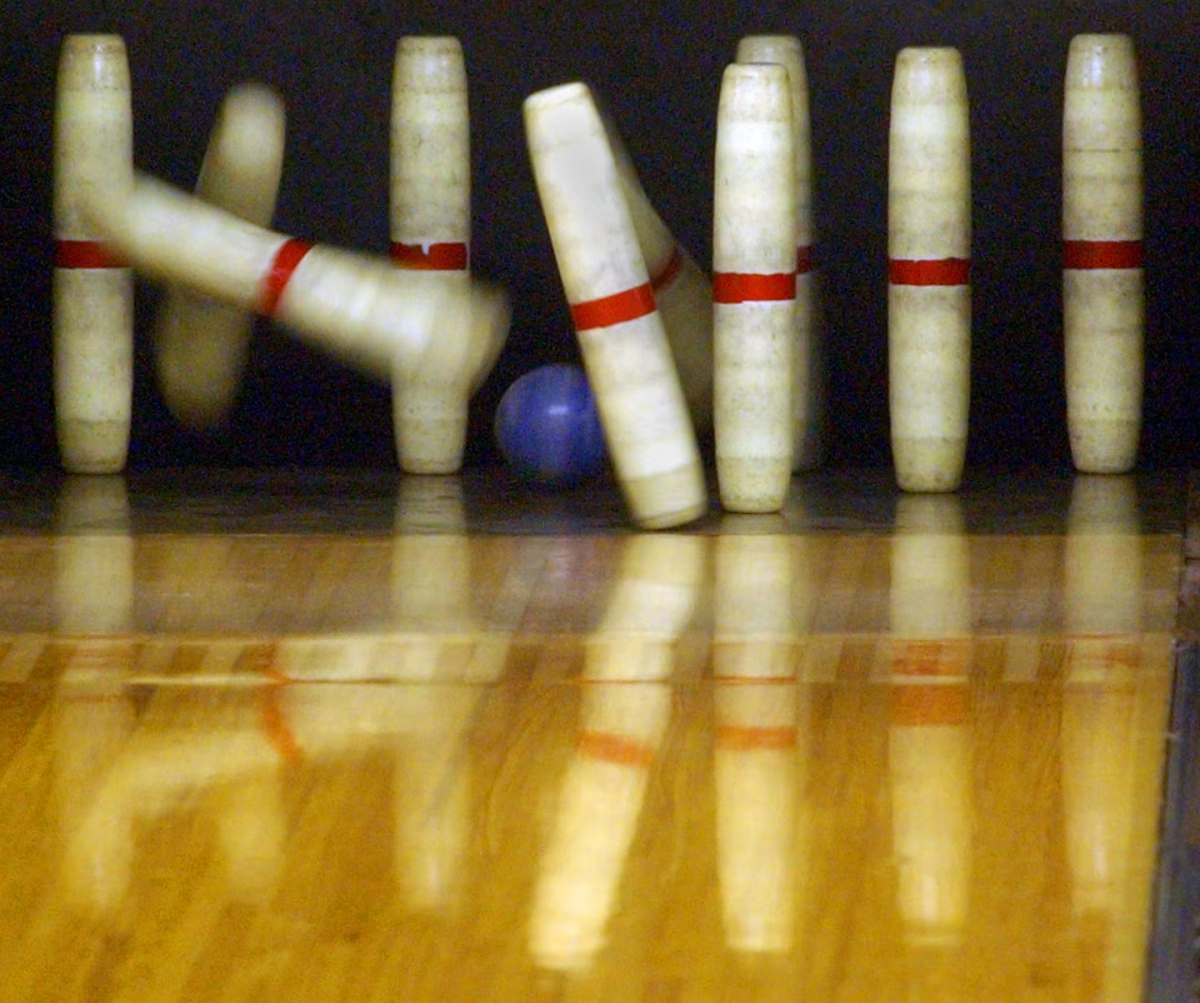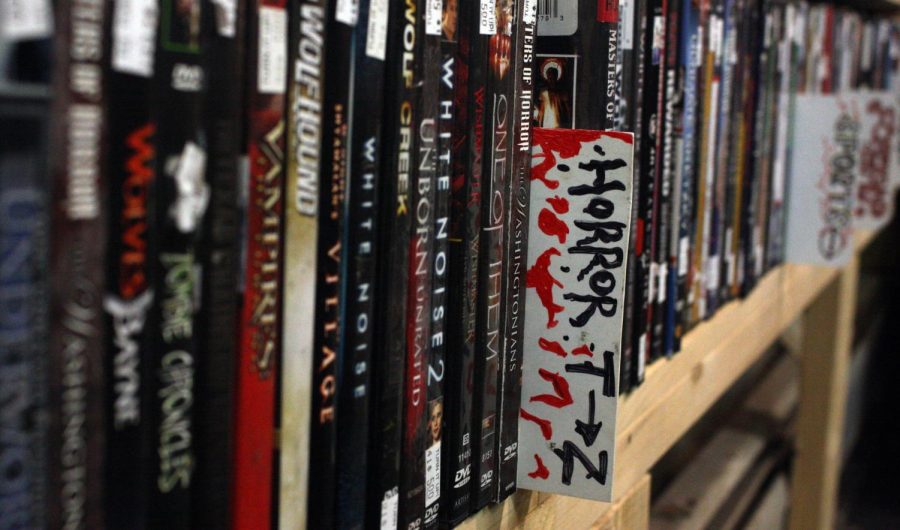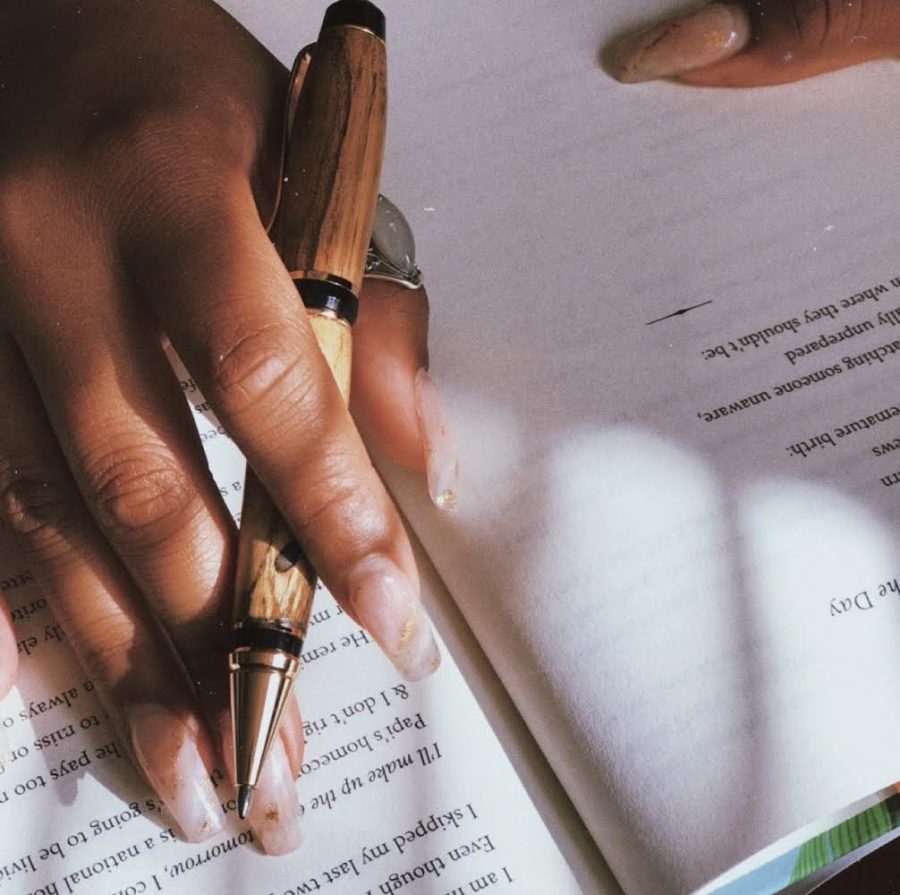Match.com. eHarmony. Lavalife. A new name has entered the “e-love” stratosphere – this time, though, the focus is not on forging relationships but sustaining them.
Twodaymag.com is an online magazine catered towards men and women, mostly coupled, who are interested in creating lasting relationships and maintaining healthy and environmentally conscious lifestyles. Founded by Natalie Bencivenga and Joseph Vineis, the site re-launched on January 18, complete with quizzes, a blog and articles addressing a variety of different dating and political concerns ranging from hooking up to human trafficking.
Bencivenga, editor and blogger for the magazine, is a 2006 graduate of the University of Pittsburgh. Having completed college only four years ago, she is no stranger to the higher-ed dating scene. In addition to Internet dating, Bencivenga has likely observed today’s pervasive “hook up” culture, where young men and women move from partner to partner like some sort of cake walk. Jimmy Stevenson in his twodaymag.com article titled “The Unconventional Dater” writes, “getting inebriated and adding another notch to your ever-expanding belt seems to be the new form of dating. How romantic.” The opportunities to connect, so to speak, seem virtually limitless and yet the number of romantically satisfied college students and 20-somethings is small.
Twodaymag.com’s goal is to change all of this. According to a press release, the magazine aims to serve as a “modern day guide for couples”. There are three sections to the website, “Live”, “Love”, and “Play”, that are each geared towards a certain aspect of young men’s and women’s relationships both with each other or with the world.
The “Live” section includes articles on lifestyle and world events. While not all articles in this region are related to dating, writer Josh Patton’s article, “All is Unfair in Love and War” is a profile piece about two couples. The first is separated by the husband’s military service in Iraq, and the second comprised of two soldiers both serving in Iraq, forced to worry constantly about each other’s survival.
Another article, unrelated to dating and relationships, is Rachel Muzika’s “Does the Media Prevent Free Elections?” in which she posts that “the media coverage of identity politics has taken precedence over the coverage of crucial issues.”
The “Love” section includes articles on relationships and sex. From prenuptial agreements to non-monogamy, there is an array of unconventional topics from which readers can choose. The piece, “Non-Monogamy: Can it Work?” by Jonas Moffat, explores the ideas, as presented by those interviewed, of monogamy as a cultural constraint and jealousy existing only because it is a social norm.
The “Play” section covers articles that have to do with dating. Suggestions of venues and activities for future dates are provided in these pieces to help couples connect in ways that may not be possible at the typical dating scenes, such as shopping malls, movie theaters, or sports arenas. There are also restaurant reviews, musician profiles and travel destination ideas for couples to peruse in search of date nights and vacations outside of the mundane.
The final sentence in twodaymag’s “About Us” is “Fall in love, twoday!” Admittedly, this is a lofty offer. Reading this magazine won’t singlehandedly make couples – or singles, for that matter – fall in love. No magazine can do that. But it may help. As a publication intended for both male and female readers, twodaymag.com can assist couples who finally find themselves on the same page, both figuratively, and literally.
Lily Hicks can be reached at [email protected].


















